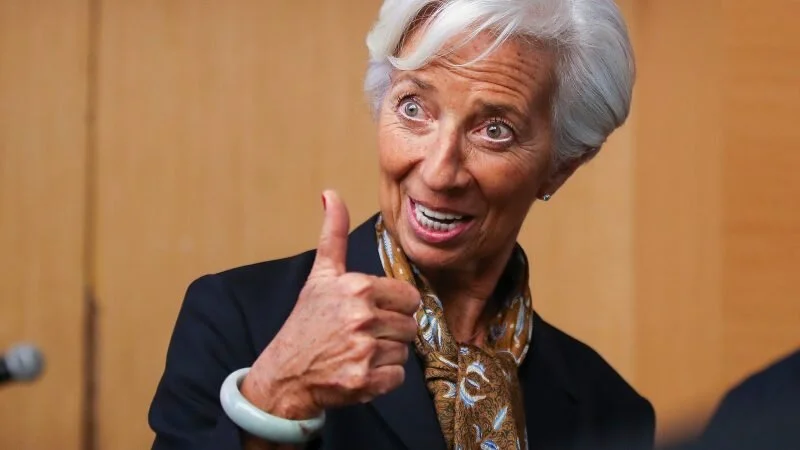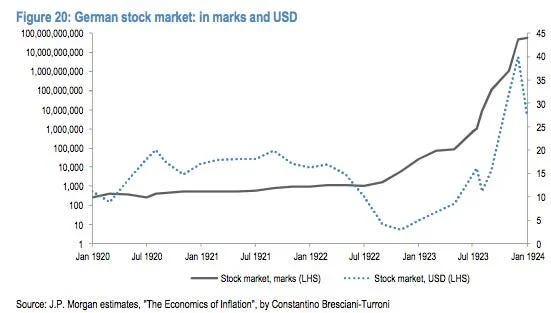The Apocalypse of 1776
The Apocalypse of 1776
In 1776, Thomas Jefferson authored the Declaration of Independence and Thomas Paine wrote The American Crisis. The former would argue to the world why the 13 British colonies were seceding from Great Britain and the latter would argue why Americans should not surrender as the war had seen a series of disastrous defeats for the American rebels in the past year. In fact, the war was seen as won by the British Army.
General George Washington read The American Crisis to the Continental Army before crossing the Delaware River on Christmas Eve 1776 to attack the hardened Hessian mercenaries of King George III in the morning while they were drunk from Christmas celebrations, reigniting the fighting spirit of the colonials.[1]
“These are the times that try men’s souls: The summer soldier and the sunshine patriot will, in this crisis, shrink from the service of his country; but he that stands it now, deserves the love and thanks of man and woman. Tyranny, like hell, is not easily conquered; yet we have this consolation with us, that the harder the conflict, the more glorious the triumph. What we obtain too cheap, we esteem too lightly: It is dearness only that gives every thing its value. Heaven knows how to set a proper price upon its goods; and it would be strange indeed, if so celestial an article as FREEDOM should not be highly rated. Britain, with an army to enforce her tyranny, has declared, that she has a right (not only to TAX) but “to BIND us in ALL CASES WHATSOEVER,”1 and if being bound in that manner is not slavery, then is there not such a thing as slavery upon earth. Even the expression is impious, for so unlimited a power can belong only to GOD.” -Thomas Paine, The Crisis, Dec. 19, 1776
Thomas Jefferson and Thomas Paine both warned about the dangers of paper money.
Thomas Jefferson wrote,[2]
“And I sincerely believe with you, that banking establishments are more dangerous than standing armies; & that the principle of spending money to be paid by posterity, under the name of funding, is but swindling futurity on a large scale.”
Again Jefferson wrote,[3]
“…whenever all government, domestic and foreign, in little as in great things, shall be drawn to Washington as the center of all power, it will render powerless the checks provided of one government on another, and will become as venal and oppressive as the government from which we separated.”
Indeed, what is legal or does not require permission or a license from the government at some level? What is not taxed?
Thomas Paine wrote,
“As to the assumed authority of any assembly in making paper money, or paper of any kind, a legal tender, or in other language, a compulsive payment, it is a most presumptuous attempt at arbitrary power. There can be no such power in a republican government: the people have no freedom - and property no security - where this practice can be acted.” - Dissertations on Government, the Affairs of the Bank, and Paper Money, 1786
The debts of the states individually and federally are at historic highs. There are not enough savings for the taxes to pay the debts. The Federal Reserve must either print the money or the USA will default.[4]
“The United States can pay any debt it has because we can always print money to do that. So there is zero probability of default.” -Former Federal Reserve Chairman Alan Greenspan, Meet the Press, August 7, 2011.
Central banks have been buying gold at a record pace since 2008. Why? Because it is the end of the world as we know it. It is not the end of the world; just, the end of fiat money world.
To quote Alan Greenspan again,
“We can guarantee cash benefits as far out and at whatever size you like, but we cannot guarantee their purchasing power.” -Fed Chairman Alan Greenspan, US Senate Committee on Banking, Housing and Urban Affairs, Feb 16, 2005.
But if the fiat world were ending, then there should be some indicator. There is. Central banks are trading their paper money for gold money.
“‘De-dollarization in central banks - demand from central banks for gold is biggest since the Nixon era, eating up 20% of global supply,’ Jeff Currie, the head of global commodities research at Goldman, said in a Bloomberg Television interview Monday.”[5]
Apocalypse does not mean the end of the world. It means revelation: that which is unknown will be known. It is not the end of the world; just the end of fiat currency.
“But then finally the masses wake up. They become suddenly aware of the fact that inflation is a deliberate policy and will go on endlessly. A breakdown occurs. The crack-up boom appears. Everybody is anxious to swap his money against ‘real’ goods, no matter whether he needs them or not, no matter how much money he has to pay for them. Within a very short time, within a few weeks or even days, the things which were used as money are no longer used as media of exchange. They become scrap paper. Nobody wants to give away anything against them.” -Ludwig von Mises, Human Action (1949), page 428.
Thomas Jefferson and Thomas Paine helped create the wealthiest country in history. They know what can destroy that wealth. Hopefully this revelation will come to you before central banks print so much money that you can’t afford to hedge with physical gold yourself. Otherwise, you may need to sell some property to pay the bills because your money is worth less tomorrow.
Caveat emptor.
[1]https://www.bing.com/search?q=george+washington+thomas+paine&form=EDGEAR&qs=PF&cvid=b30af509c3ee439f8ee3977aa33e2f10&cc=US&setlang=en-US “George Washington was amongst the wide readership of Paine’s writings. Before the famous crossing of the Delaware on the way to victory at Trenton in late 1776, General George Washington ordered officers to read Paine’s The American Crisis to the Continental Army.”
[2] https://founders.archives.gov/documents/Jefferson/03-10-02-0053 Thomas Jefferson to John Taylor, 28 May 1816
[3] https://founders.archives.gov/documents/Jefferson/98-01-02-2260 Letter from Thomas Jefferson to C. Hammond, 18 August 1821
[5] https://www.bloomberg.com/news/articles/2019-12-09/goldman-s-currie-says-central-banks-gobble-up-20-of-gold-supply



